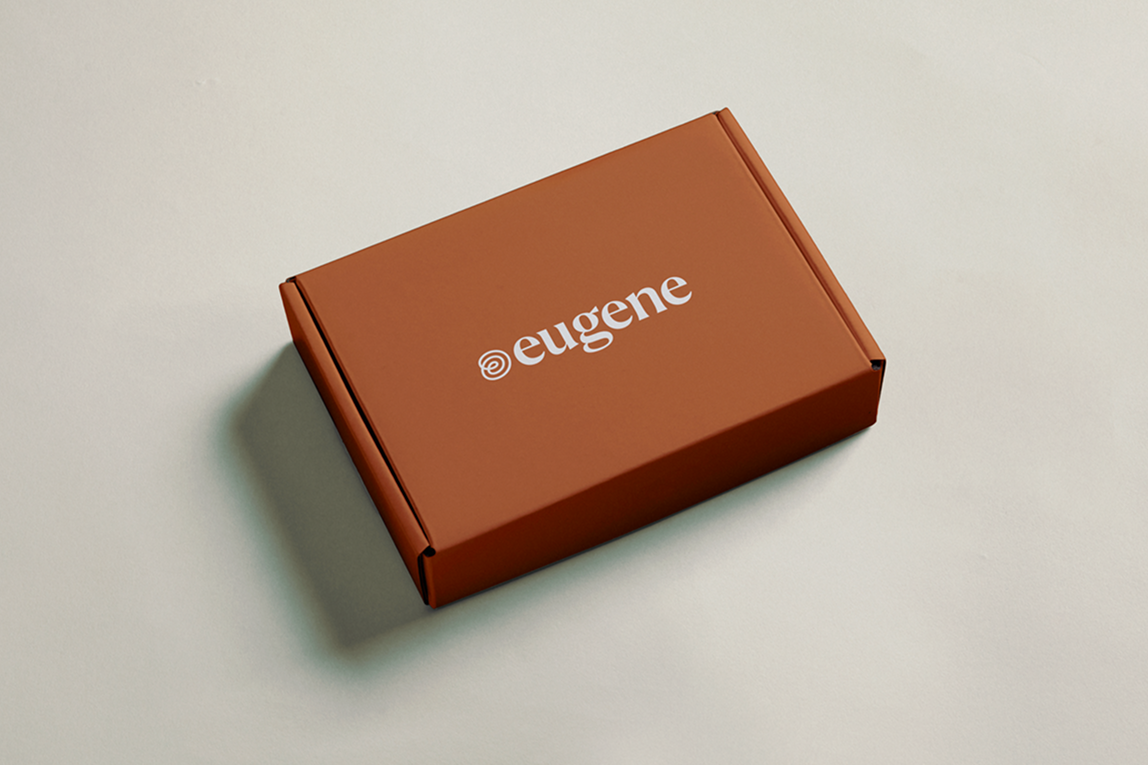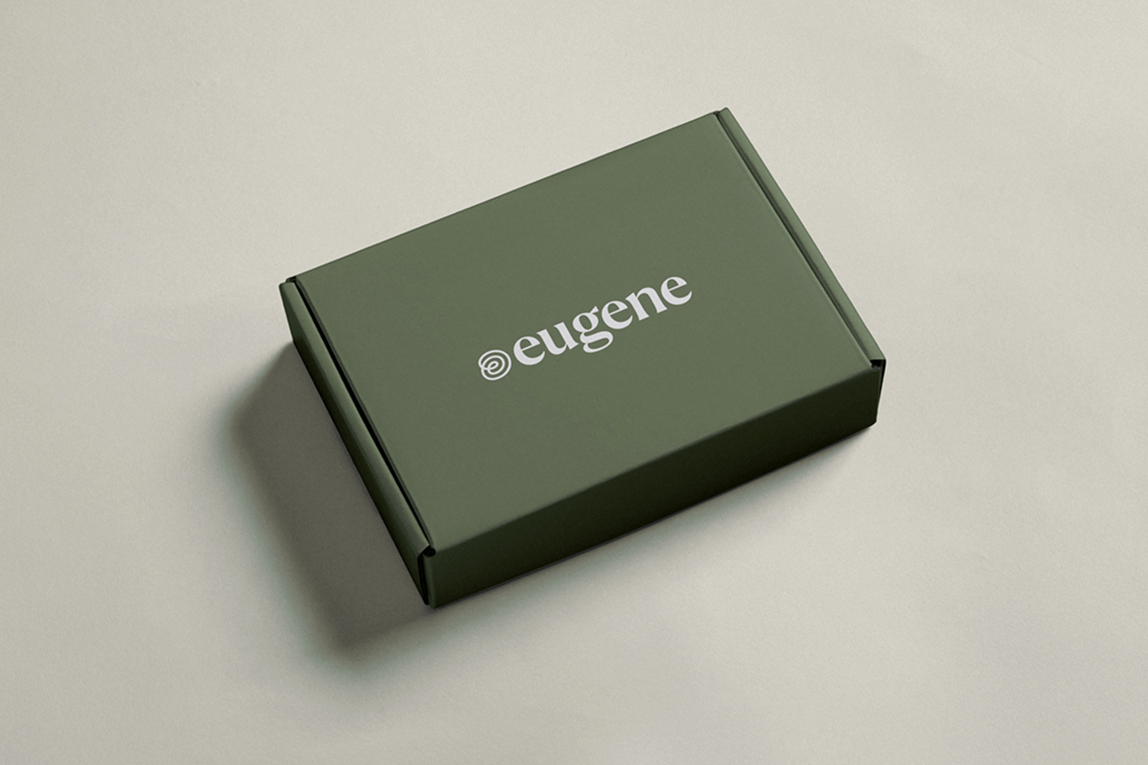Since I can remember, I’ve known that I am a carrier of a rare genetic condition. I’ve understood the risks involved in pregnancy and leaned into the supportive healthcare systems around me.
In the late 1990s, my mother, who is also a carrier of Ornithine transcarbamylase (OTC) deficiency, was pregnant with me. During her pregnancy, she received confirmation that I was also a carrier of OTC, a rare x-linked genetic disorder connected to the urea cycle and metabolism. Concerns related to x-linked conditions pose greater risks to men (who have XY chromosomes) compared to biological women who have XX genes - meaning that if one gene isn’t functioning as expected, the other can make up for it.
The OTC gene variation passed down to me means I have an increased risk of complications during pregnancy or delivery and is fatal for all newborn boys.
I take tablets to help my urea cycle function and have semi-regular appointments at the metabolic clinic to ensure I am not at increased risk of high ammonia levels. As hard as it is, I understood my individual risks and was ok with it. However, things got a lot more serious when my partner and I began to discuss our futures. Things became a lot more real.
I remember early on in our relationship, my partner and I sat at a cafe after one of my metabolic appointments and the tears could not stop. The mental awareness of my unique situation was something I was prepared for, the emotional one, however, was and still is a struggle.
As my partner and I began to explore pregnancy, the genetic counsellor I was seeing suggested that I look into Eugene for a couple’s carrier screening. We did this test to learn if we were carriers of any other conditions that we should be aware of.
Eugene’s genetic counsellors provided me with personalised genetic education, guided pathways and support along pre-pregnancy and the pregnancy journey.
The sense of insecurity and inadequacy associated with fertility and pregnancy is unique to those of us who experience it directly. I remember before my results appointment, I was an emotional wreck; lot’s of “what if…? And feelings of my own reproductive inadequacy.
During our results appointment, our Eugene genetic counsellor held space for us to explore our feelings throughout this whole process, and created a safe space to ask all questions - no matter how silly we may feel they are!
The Eugene test empowered us as a couple with our individual reproductive carrier statuses, and now we are able to have honest and educated conversations about our future.
Something I love about Eugene is their ongoing support. I know that if I have further questions, or if new information comes out regarding my results, they will update me in a friendly, supportive and informative way.
Eugene provides an accessible and convenient healthcare experience for me. When I received my results from a genetic counsellor in a simplified and empathetic way, explaining all of my options, which then allowed me to make an informed decision about how to proceed. Eugene acts as a gene translator and then gives us the power to decide what’s next.
It's important to get clear on your options as a high-risk carrier.
I’ve recommended Eugene to countless friends and family - if you are feeling unsure about doing the Eugene test, a free consultation is the best way to learn more about carrier screening.




